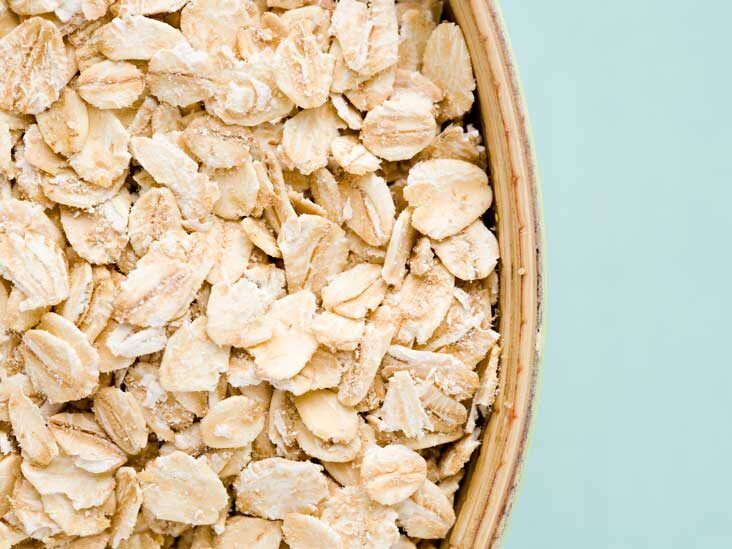
Calories are the fundamental units of energy that our bodies derive from the foods and beverages we consume. They play a crucial role in providing the fuel necessary for daily activities, from basic bodily functions to physical exercise Fast food calorie facts. Understanding calories is key to managing weight effectively and making informed dietary choices.
In the context of nutrition, calories represent the amount of energy stored in food and released during digestion. The three main macronutrients—carbohydrates, proteins, and fats—contribute varying amounts of calories per gram:
Carbohydrates and proteins each provide about 4 calories per gram.
Fats are more energy-dense, supplying approximately 9 calories per gram.
Alcohol, though not a nutrient, provides about 7 calories per gram.
Calories are essential for maintaining bodily functions such as breathing, circulating blood, and repairing tissues. Beyond these basal metabolic needs, additional calories fuel physical activities ranging from walking and household chores to intense workouts and sports.
Weight management revolves around the balance of calories consumed versus calories expended. When calorie intake exceeds expenditure, the excess energy is stored as fat, leading to weight gain over time. Conversely, consuming fewer calories than the body needs results in weight loss as stored fat is utilized for energy.
The concept of “calories in, calories out” underscores the importance of balancing energy intake with energy expenditure. Factors influencing calorie requirements include age, gender, body size, metabolism, and level of physical activity. Understanding these factors helps individuals tailor their diet to meet their specific needs for maintaining a healthy weight.
Nutrient density is a critical consideration when evaluating calorie sources. Nutrient-dense foods provide essential vitamins, minerals, and other beneficial compounds in addition to calories. Examples include fruits, vegetables, whole grains, lean proteins, and healthy fats. These foods support overall health, provide satiety, and help regulate calorie intake by supplying essential nutrients that the body needs for optimal function.
In contrast, foods high in added sugars, unhealthy fats, and refined carbohydrates provide empty calories. These contribute to calorie intake without offering significant nutritional benefits. Consuming too many empty calories can lead to weight gain, nutrient deficiencies, and an increased risk of chronic diseases such as obesity, diabetes, and heart disease.
Portion control and mindful eating practices play pivotal roles in managing calorie intake. Being aware of portion sizes, reading food labels, and using measuring tools can help individuals accurately assess their calorie consumption. Mindful eating techniques, such as eating slowly, savoring each bite, and paying attention to hunger and fullness cues, promote healthy eating habits and prevent overeating.
Regular physical activity complements a balanced diet by increasing calorie expenditure, improving cardiovascular health, strengthening muscles, and enhancing overall well-being. Combining nutritious food choices with regular exercise supports weight management efforts and contributes to long-term health benefits.
In conclusion, calories are essential for providing the energy necessary for daily life and physical activity. Understanding calorie sources, balancing energy intake with expenditure, choosing nutrient-dense foods, practicing portion control, engaging in regular physical activity, and adopting mindful eating habits are key strategies for achieving and maintaining a healthy weight and promoting overall well-being. By incorporating these principles into daily routines, individuals can optimize their nutritional intake, manage their weight effectively, and support lifelong health.